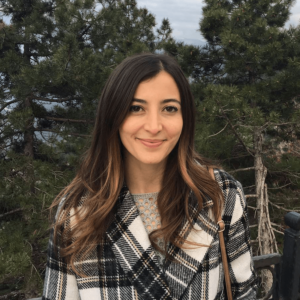Takeaway
Developmental pediatrician Ezgi Ozalp Akın, MD, shares insights gleaned from "İnsan Olmak" on being human.

Lifelong Learning in Clinical Excellence | March 21, 2018 | 2 min read
By Ezgi Ozalp Akın, MD, Ankara University
İnsan Olmak, an inspiring book by Turkish author Engin Geçtan means “being human.”
Understanding parents’ perspectives
I first read İnsan Olmak during my internship a decade ago, and it changed my outlook on many things – particularly towards my patients and their families. Oftentimes understanding children is easier than understanding their parents and families. This book helped me to more fully consider the perspectives of my patients’ parents and families.
İnsan Olmak’s central idea is that living in communities changed the nature of humanity. We are like hedgehogs in the cold that need to come together to warm ourselves, but at the same time this must be done with caution and care because our quills can prick and hurt. The book has thought provoking chapters focused on the meaningful topics of loneliness, loving yourself, life, and death.
I read it many times over the past decade, especially after I gave birth to my daughter. It was like there was a need and draw to re-read it—every time different parts of the book spoke to me. The book is like a supportive friend that helps me be stronger, feel better, and discover solutions to move forward in my own life.
Insights that helped me with my patients
Here are some examples from İnsan Olmak that helped me with my patients:
Variations of life and behavior exist beyond my understanding. Every person starts life at a totally different point and have their own life course with unique strengths, weaknesses, and susceptibilities. I am careful to show sincere respect—I can never fully know what each of my patients and their families have been through. In trying to feel what they might be feeling, I can serve them as best as I can.
People have different identities—for example, every mum is also a daughter. Other roles are also critical in how they perceive health and sickness— including being a sister, a wife, a teacher, and an advocate. Time spent coming to understand out patients as people will help in connecting with patients and parents.
We all have a ‘responsibility of existence.’ I am so lucky that I have come to exist (it was a truly a tiny chance!) and am extremely lucky to have become a developmental pediatrician. I have a magical job and the responsibility of my existence professionally is to help children and families live better lives.
Being human is an honor and a privilege.

